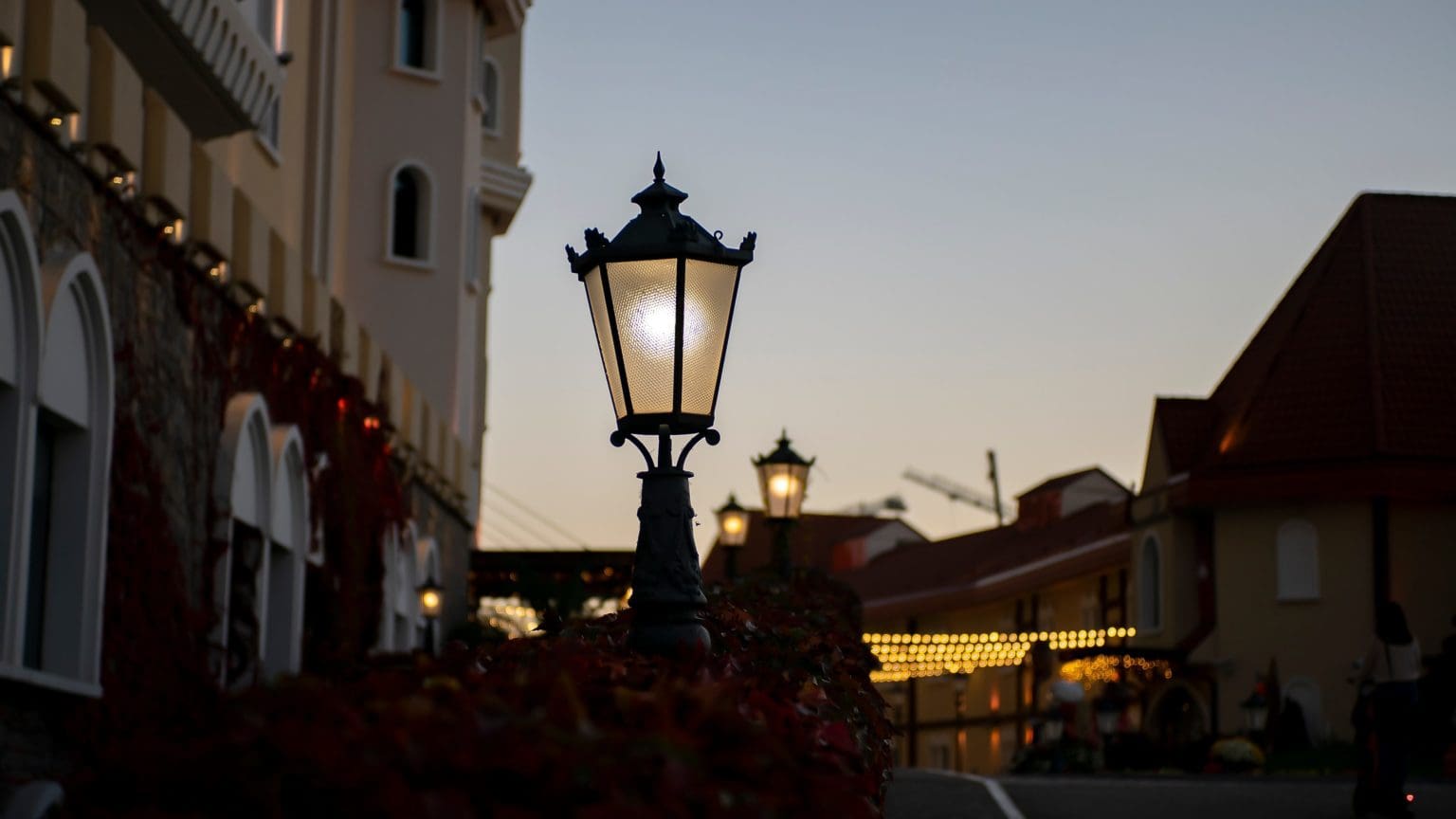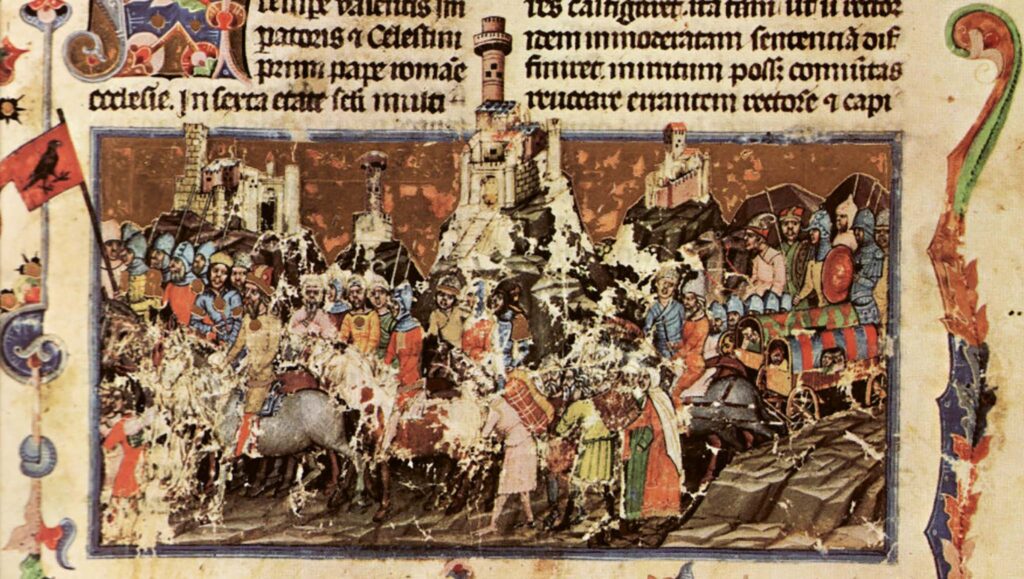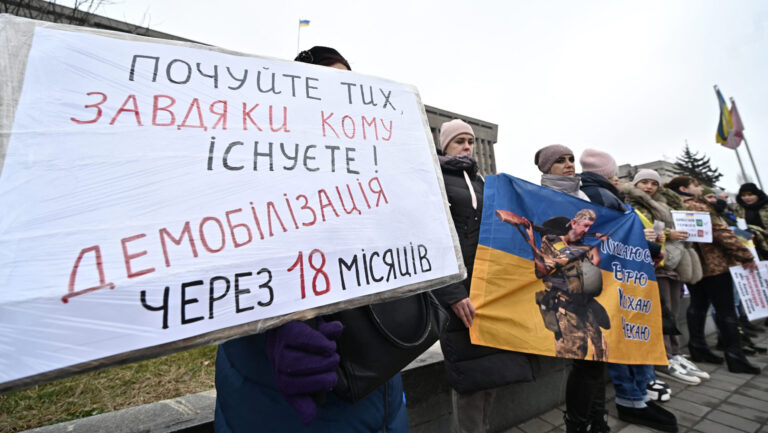Berlin is pushing to save energy to have sufficient gas for the winter. Some cities are already dimming streetlights and reducing air-conditioning in public buildings.
Measures Taken
This year’s summer nights in Augsburg, a wealthy Bavarian city, are hauntingly quiet and dark: the facades of old buildings are not illuminated, streetlights are dimmed, and the majority of fountains are not running.
Since the beginning of Russia’s invasion of Ukraine, which drove oil and gas prices up and triggered a cost of living crisis, Augsburg is one of many cities throughout Germany to have implemented a raft of energy-saving measures.
In order to ensure that the largest economy in Europe has enough gas to get through the winter, Germany, one of the nations that is most dependent on Russian gas, is leading the charge with a nationwide campaign to conserve energy. However, energy experts argue that the current measures are insufficient and additional steps are required to achieve energy security.
‘We want to show the Augsburg citizens that we could be facing really hard times’
The mayor of Augsburg, Eva Weber explained to Reuters that the bills of the city are expected to be double from that of last year of around 15.9 million Euros. ‘We want to show the Augsburg citizens that we could be facing really hard times…we all need to look to really save energy,’ Weber said. They also lowered temperatures in public pools and are actively looking at traffic lights, deciding which of them could be turned off safely. Following other cities, they also plan to lower thermostats in public buildings.
Numbers
About half of Germany’s households rely on gas for heating. Additionally, around 13 per cent of their electricity is derived from fossil fuels. German industry is accountable for about a third of the country’s gas use. In the past years, half of that gas was imported from Russia. Before winter sets in, when demand normally rises, Germany’s economy ministry is trying to fill gas reserves as well as expediting the use of alternative gas sources like floating liquid natural gas terminals.
Beside energy conservation measures, the German government isalso restarting coal-fired power plants and plans to introduce a gas auction mechanism to incentivize industrial consumers to conserve gas. The economy ministry also started a campaign last month asking people to take shorter showers, turn their refrigerators down by one degree, and improve their home insulation.
Trying to set a personal example to sweeten the bitter pill of energy rationing, economy minister Robert Habeck said ‘I have significantly reduced my own showering time’ when last Thursday he announced an indefinite ban on heating swimming pools in private residences.
Prices Rose Tenfold
According to Thorsten Lenck, who spoke at an event of the think tank Agora Energiewende, price increases of up to tenfold for new end consumers have already encouraged energy conservation. But the price hikes have not yet hit those who are still bound by old one- or two-year contracts. Private landlords are concerned about the astronomical year-end energy bills renters may receive and may not be able to afford. As a result, Vonovia, the largest residential landlord in Germany, has announced that it will turn down the heat in many of its units at night.
‘We are on the path to saving enough energy, but we’re still not there yet,’ said Lenck.
Germany has to reduce its use by as much as 30 per cent
According to Germany’s power industry group BDEW, gas usage was 6.4 per cent lower in the first five months of the year and 10.8 per cent lower in May, when temperature differences were taken into account. On Wednesday, the European Union informed its members that they needed to reduce their gas consumption by 15 per cent until March. However, given its dependence on gas, Germany has to reduce its use by as much as 30 per cent, said Simone Tagliapietra, senior fellow at think tank Bruegel. ‘Politicians don’t like to ask people to sacrifice, and they postponed this because they still wanted to believe Russia might not play too much with gas, but they will now have to … otherwise Europe simply will have to close down factories because they cannot curtail gas to families,’ he added.
The Worst Case Scenario
Gas for homes and life-saving facilities like hospitals is given priority in Germany’s emergency plan, whereas industry would be the first to experience restriction.
Although costs are rising, anxious Germans are stocking up on wood for fireplaces and electric heaters in anticipation of the worst during the winter, when temperatures can dip as low as -20 degrees. ‘Demand for wood has gone up 100%,’ said Olesja Breuer. ‘Our delivery times have gone from two weeks to two months’. Sales of various fuels and heaters, isolation materials, and solar modules all saw significant increases after the Ukraine war broke out, according to German DIY retailer Hornbach, which operates 98 stores nationwide. ‘It was driven firstly by the rising energy prices … and also our customers’ desire to be autonomous and prepared for emergencies,’ said spokesperson Florian Preuss. In order to help the homeless and those who cannot afford heating escape the winter cold, some communities intend to create heated areas open to the public.
Curbing the energy crisis is not an easy task, especially if countries expect a complete cut-off from Russian gas. The energy conservation measures governments are introducing might make life slightly uncomfortable, but for now seem to be the only way to prevent a complete economic collapse. Hungary also announced that there is going to be a cap on eligibility for reduced utility costs. Those who consume above-the-average amounts of energy, will have to pay more for electricity and gas. The new regulation is also expected to serve as an incentive for homeowners to cut back on consumption, which in turn will contribute to a safer winter in the country.








